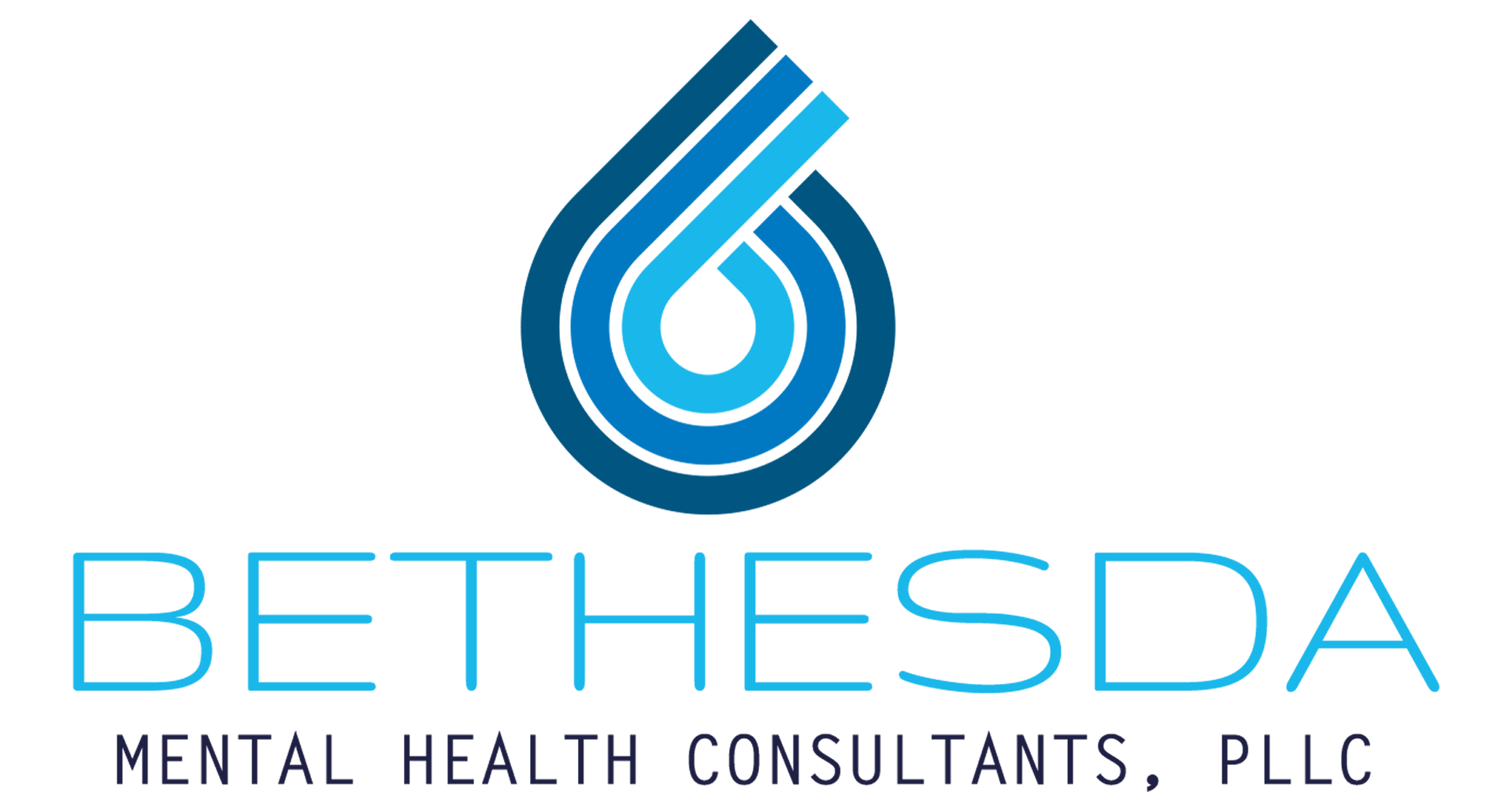Post-Partum Depression
Understanding Postpartum Depression (PPD)
Post Partum Depression (PPD) is a serious mental health condition that affects millions of individuals worldwide. Discover what PPD entails, its symptoms, causes and the importance of seeking treatment.
What is Postpartum Depression (PPD)
Postpartum Depression (PPD) is a mood disorder that affects new mothers after childbirth, characterized by persistent feelings of sadness, anxiety, and despair. It typically develops within the first few weeks to months after giving birth but can occur anytime during the first year postpartum, and sometimes even beyond that timeframe, up to two years after giving birth.
While PPD typically manifests within the first few weeks to months after childbirth, it’s important to recognize that the onset of symptoms can vary from person to person. Some mothers may experience PPD symptoms immediately after giving birth, while others may develop symptoms later during the first year postpartum or even beyond.
PPD differs from the “baby blues,” which are common mood swings experienced by many new mothers.
Here’s How PPD Differs From Baby Blues:
1. Duration and Severity:
Baby Blues: Baby blues are mild, transient mood swings that usually begin within the first week postpartum and resolve on their own within a few weeks. Symptoms include moodiness, tearfulness, irritability, and feelings of overwhelm.
Postpartum Depression (PPD): PPD involves more severe and persistent symptoms that interfere with daily functioning and can last for several weeks to months if left untreated. Symptoms may include intense sadness, anxiety, irritability, difficulty bonding with the baby, changes in appetite or sleep patterns, and thoughts of harming oneself or the baby.
2. Impact on Daily Functioning:
Baby Blues: Despite feeling emotional and overwhelmed, mothers experiencing baby blues are generally able to function and care for themselves and their newborns.
Postpartum Depression (PPD): PPD significantly impairs a mother’s ability to function and care for herself and her baby. Mothers with PPD may struggle with daily tasks, have difficulty bonding with their baby, and experience feelings of inadequacy and guilt as mothers.
3. Risk Factors:
Baby Blues: Baby blues are extremely common, affecting up to 80% of new mothers. They are believed to be primarily caused by hormonal changes, sleep deprivation, and the stress of adjusting to a new baby.
Postpartum Depression (PPD): PPD affects approximately 10-15% of new mothers. While hormonal changes and sleep deprivation may contribute to PPD, additional risk factors include a history of depression or anxiety, stressful life events, lack of social support, and complications during pregnancy or childbirth.
4. Need for Treatment:
Baby Blues: Baby blues typically resolve on their own without the need for treatment. Supportive care, rest, and self-care strategies such as eating well and getting enough sleep can help alleviate symptoms.
Postpartum Depression (PPD): PPD requires professional treatment, as symptoms are more severe and persistent. Therapy, medication, and support groups are commonly used to treat PPD and help mothers overcome their symptoms and bond with their babies.
In summary, while baby blues are common and temporary mood swings experienced by many new mothers, Postpartum Depression (PPD) is a more serious and persistent condition that requires professional treatment to alleviate symptoms and support maternal well-being. If you or someone you know is experiencing symptoms of PPD, it’s important to seek help from a mental health professional.
Recognizing Symptoms of Postpartum Depression
Here are some signs and symptoms to watch out for:
1). Persistent Sadness: Experiencing prolonged feelings of sadness or emptiness, often accompanied by tearfulness and hopelessness.
2). Anxiety or Panic Attacks: Experiencing feelings of intense anxiety, fear, or panic, sometimes manifesting as racing thoughts or physical symptoms such as palpitations or shortness of breath.
3). Irritability or Anger: Experiencing heightened irritability, anger, or frustration, often directed towards oneself, the baby, or loved ones.
4). Fatigue or Loss of Energy: Feeling persistently exhausted, despite rest, leading to difficulty in performing daily tasks or caring for the baby.
5). Changes in Appetite or Weight: Noticing significant changes in appetite or weight, either increased or decreased, which may impact overall well-being.
6). Sleep Disturbances: Encountering disruptions in sleep patterns, such as insomnia (difficulty falling or staying asleep) or excessive sleeping, contributing to feelings of exhaustion.
7). Difficulty Bonding with the Baby: Experiencing challenges in forming a strong emotional attachment or bonding with the newborn, leading to feelings of guilt or inadequacy as a mother.
8). Thoughts of Self-Harm or Harm to the Baby: Experiencing intrusive thoughts or fears about harming oneself or the baby, despite not having any intent to act on these thoughts.
Causes of Post-Partum Depression
Postpartum Depression can arise from a combination of biological, psychological, and environmental factors, including hormonal changes, sleep deprivation, history of depression or anxiety, lack of social support, and stressors related to childbirth and parenting.
Seeking Treatment for Post-partum Depression
Seeking treatment for Postpartum Depression is essential for the well-being of both the mother and the baby. At Bethesda Mental Health we offer compassionate support and evidence-based treatment options tailored to address the unique needs of mothers experiencing PPD.
Treatment Options for Post-Partum Depression
1). Psychotherapy: Engage in therapy, such as Cognitive Behavioral Therapy (CBT) or Interpersonal Therapy (IPT), to explore emotions, develop coping strategies, and improve maternal-infant bonding.
2). Medication Management: Medications may be used to alleviate symptoms of depression and anxiety, restoring emotional balance and stability. When the need to use psychoactive medications to address PPD arises, your safety and the baby’s safety is a priority. We only use medications that are safe to take and consider factors such as whether the mom is breastfeeding.
3). Supportive Interventions: Access support groups, educational resources, and self-care strategies to empower mothers in managing PPD symptoms and fostering overall well-being.
Take the First Step Towards Healing & Enjoying Motherhood
If you’re experiencing symptoms of Postpartum Depression (PPD), know that you’re not alone. Seeking treatment is a brave and commendable act, free of judgment or guilt. Reach out to Bethesda Mental Health for compassionate support, personalized treatment plans, and a path towards healing and recovery. Together, we can navigate through the challenges of PPD and help you embrace motherhood with confidence and joy.

Bethesda Mental Health Consultants
